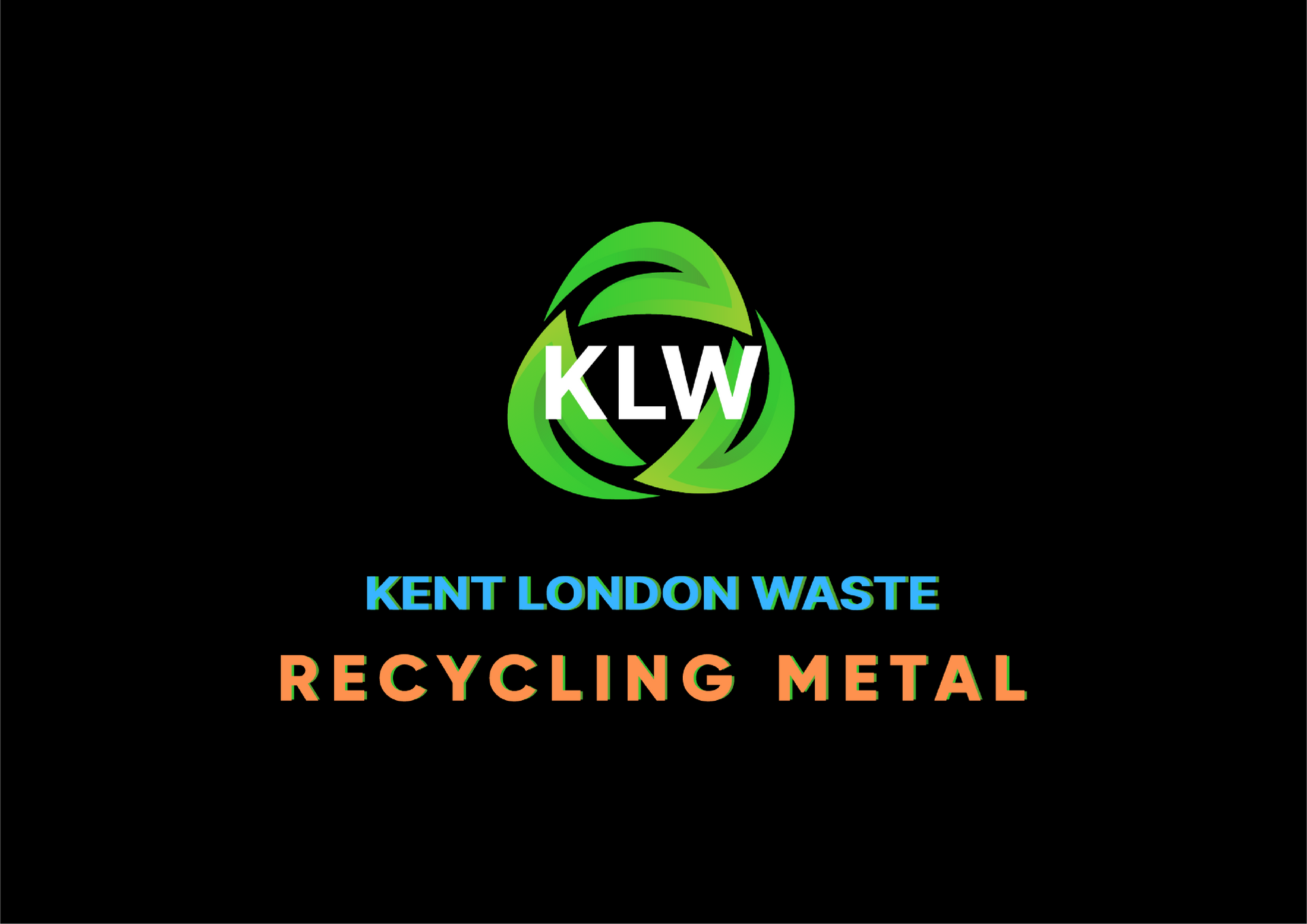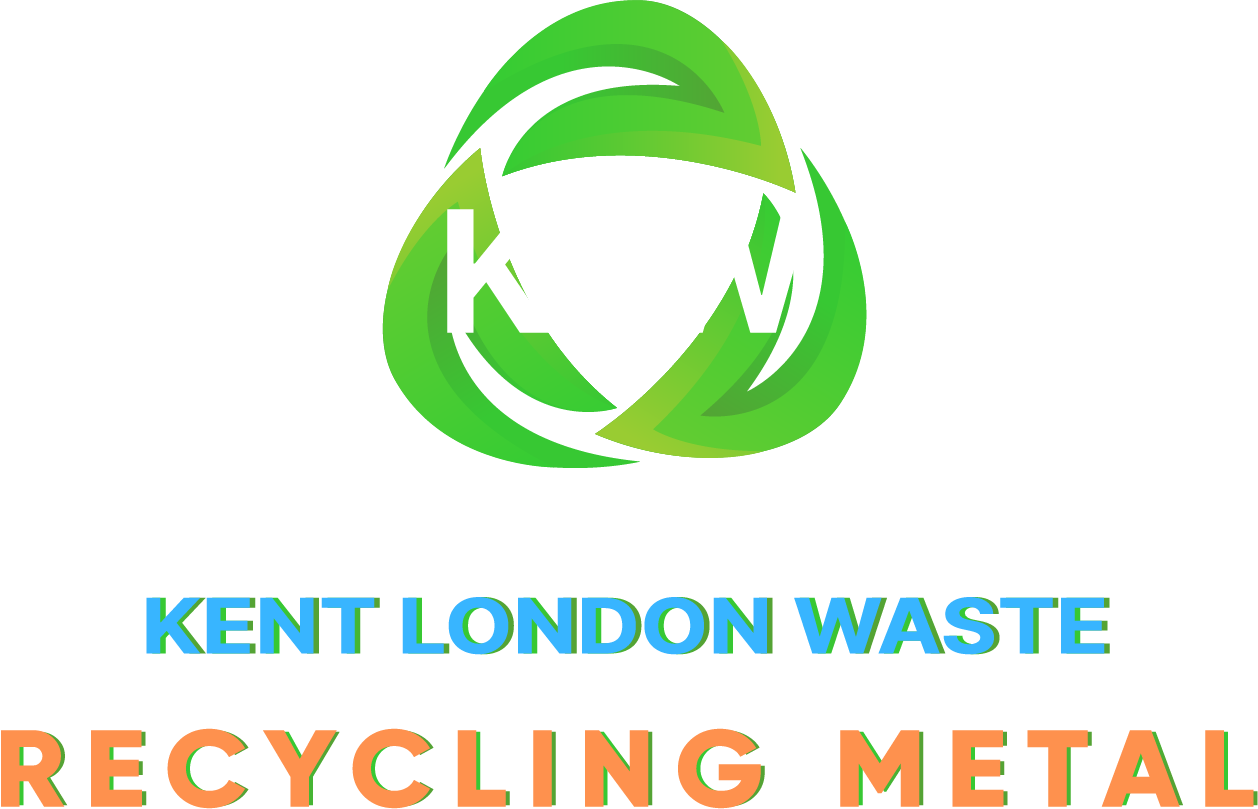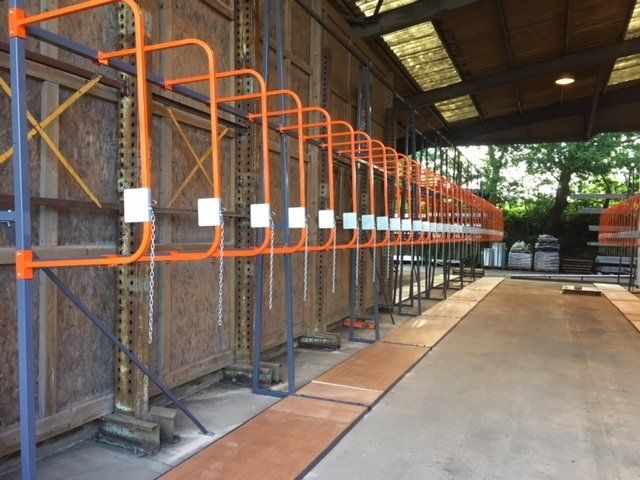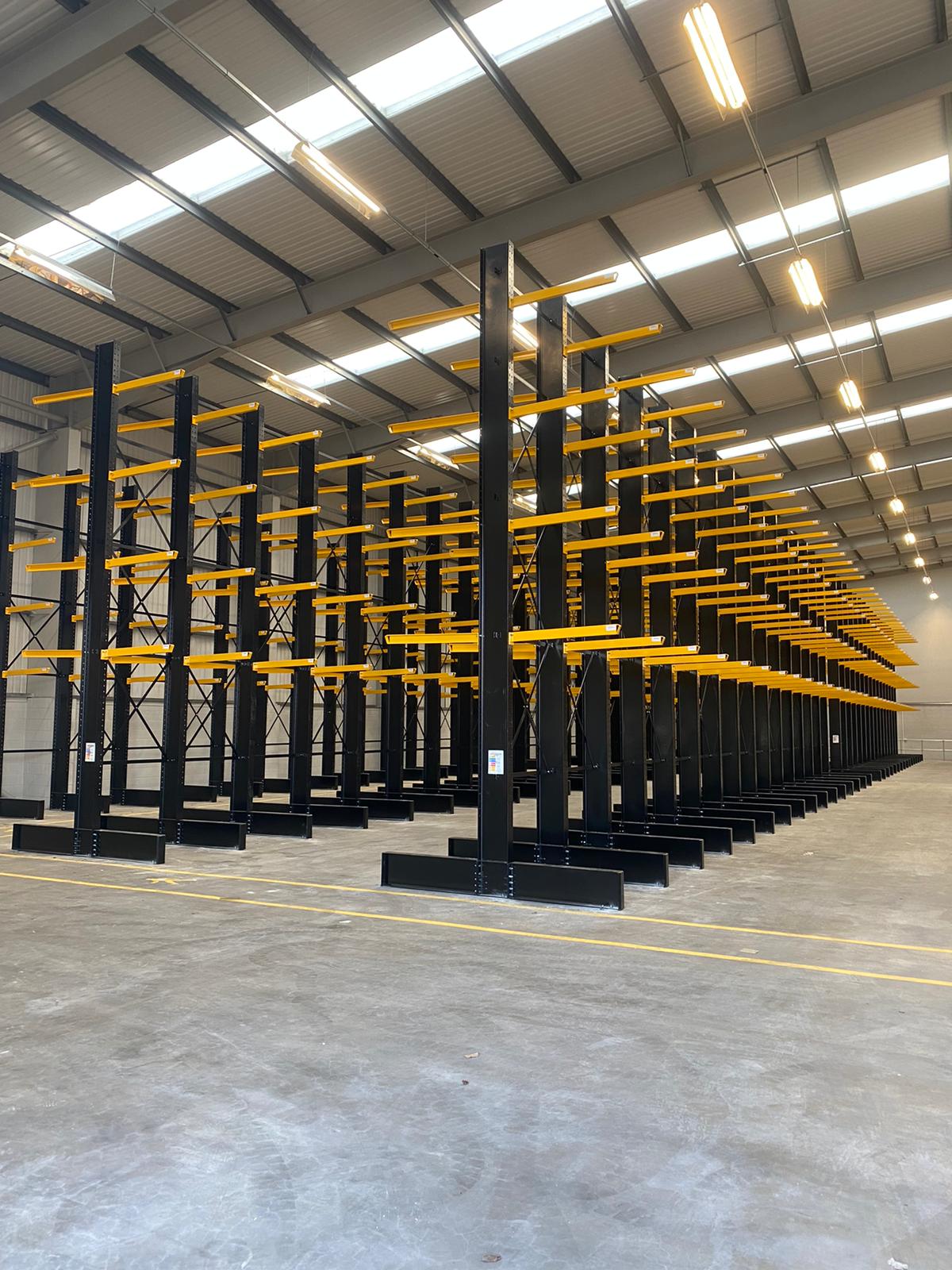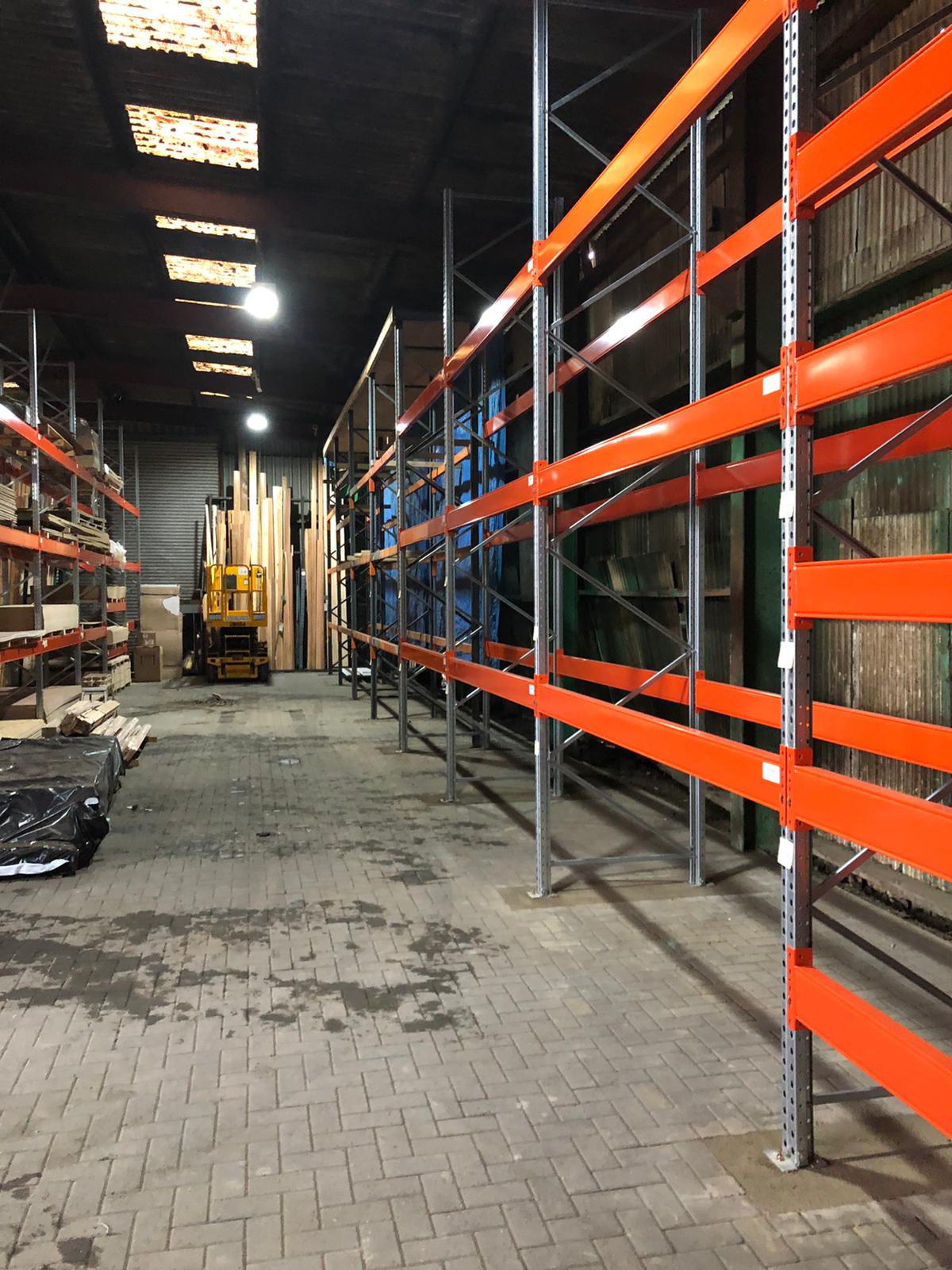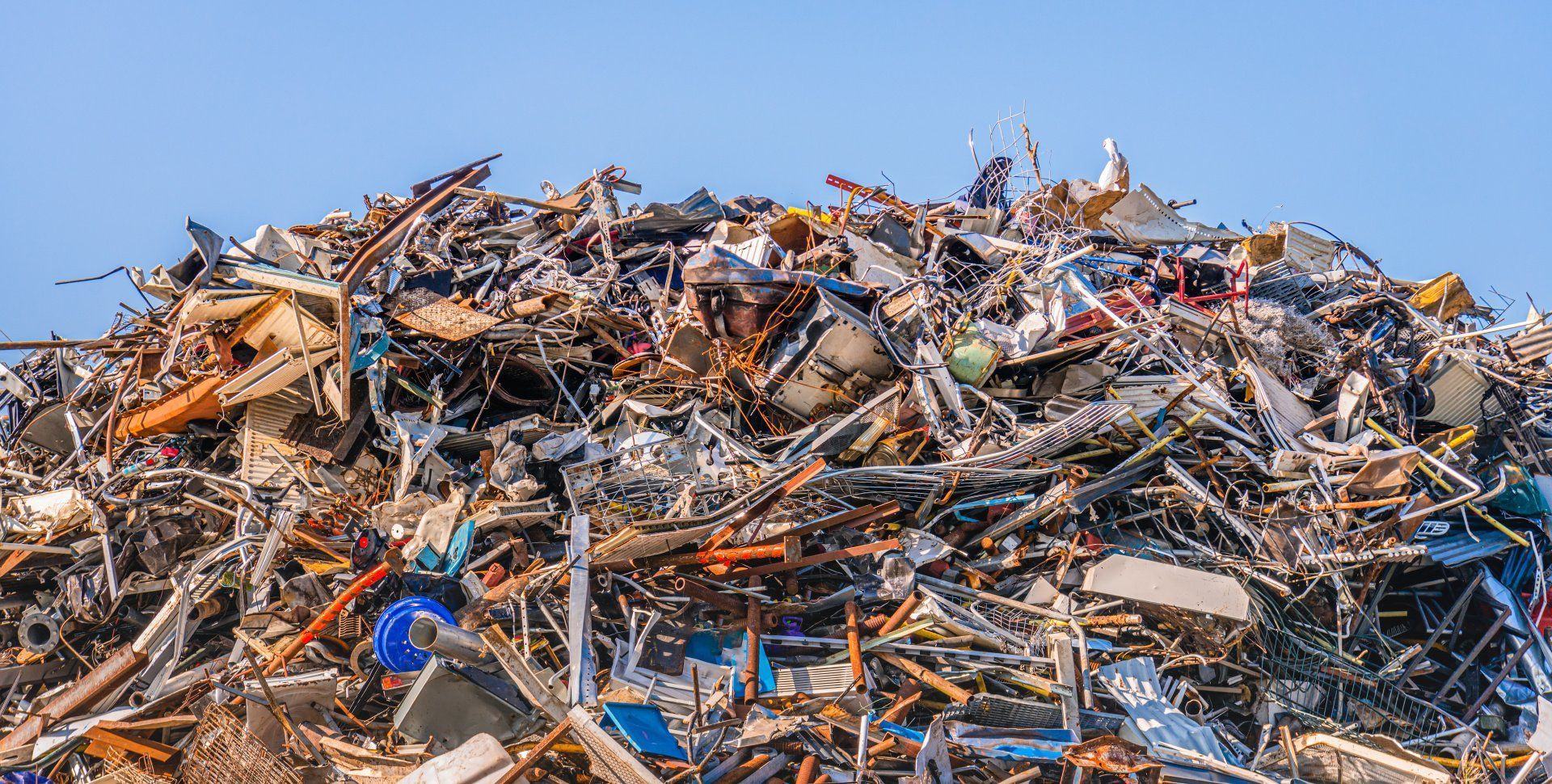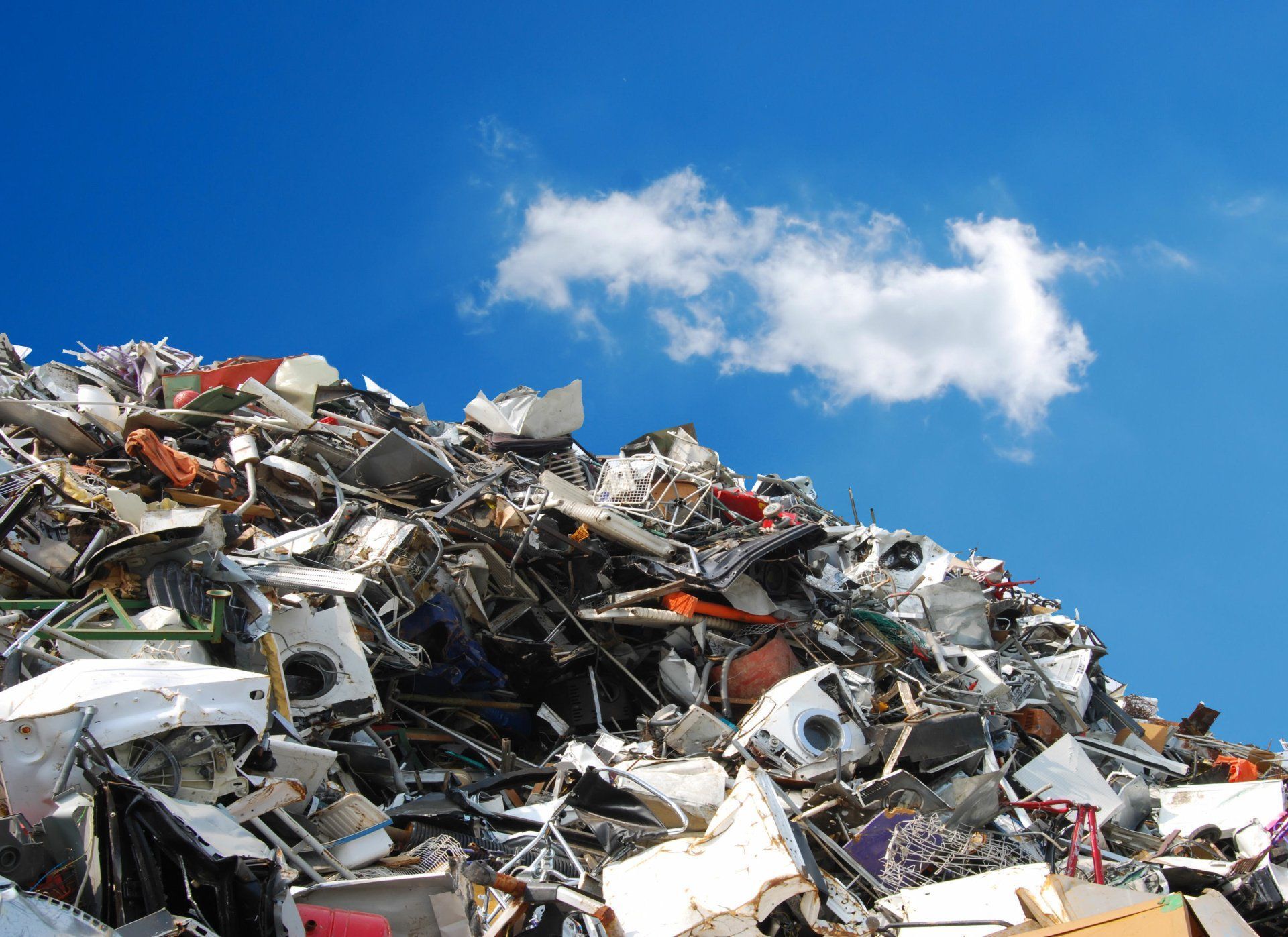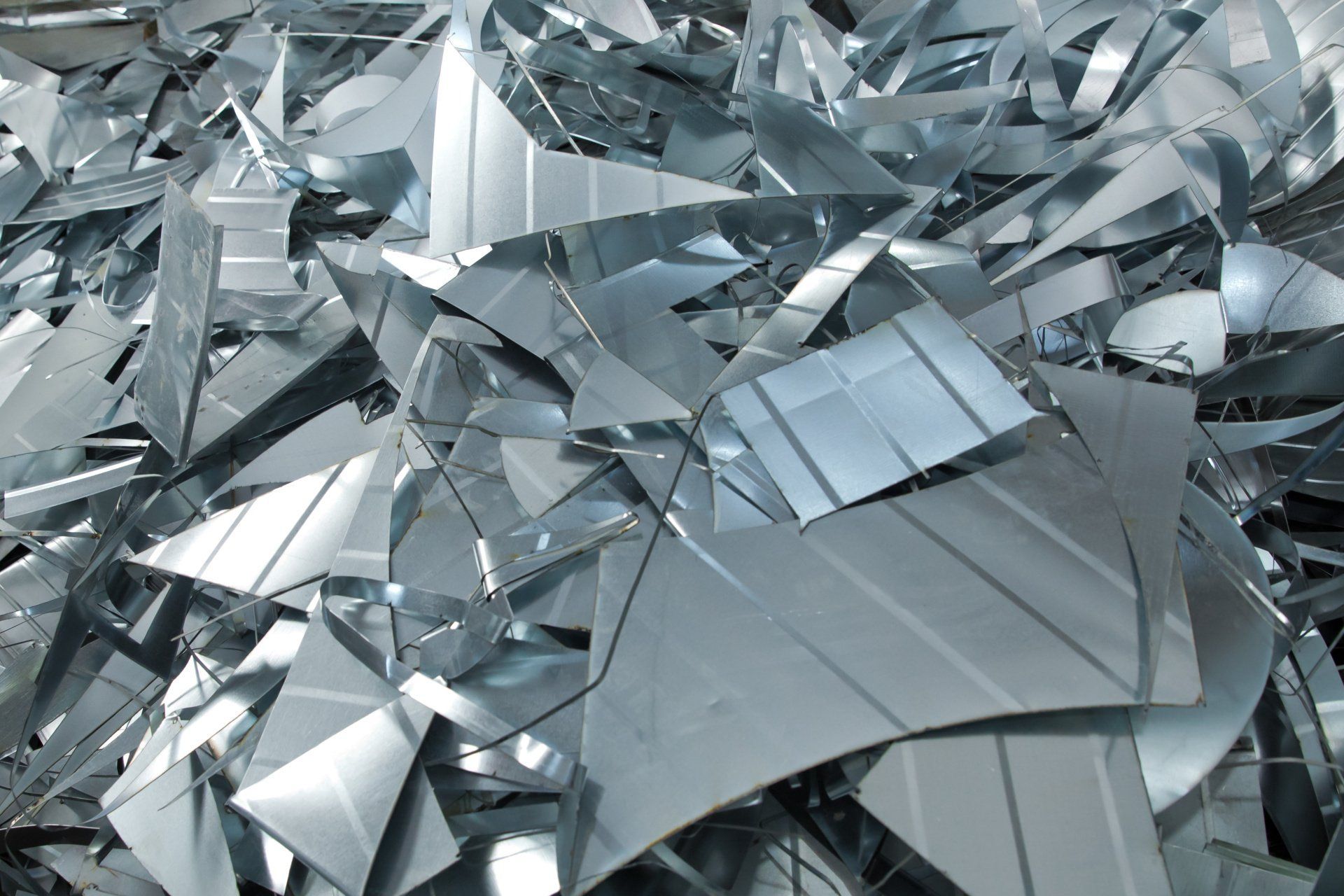Buying Recycled Metal: Why It’s a Smart Choice for Businesses
Buying recycled metal is a smart business decision for many reasons, including its positive impact on sustainability and cost-efficiency. As businesses increasingly look for ways to reduce their environmental footprint and cut costs, recycled metal offers a practical solution. By choosing high-quality recycled metal, companies can meet both their operational needs and sustainability goals without compromising on quality or durability.
One of the most significant benefits of using recycled metals is the reduction in environmental impact. Mining for new metals requires a vast amount of energy and water, and it often results in land degradation, habitat destruction, and pollution. By purchasing recycled metals, businesses help reduce the demand for new raw materials, minimising the environmental damage caused by mining and extraction. This shift towards a circular economy—where materials are reused and recycled—helps conserve natural resources and reduces carbon emissions. For businesses looking to align with environmental regulations or meet sustainability targets, opting for recycled metals is an excellent way to lower their carbon footprint and demonstrate a commitment to responsible practices.
Recycled metals are also highly cost-effective. Producing metals from recycled materials requires far less energy than creating new metals from raw ores. For instance, recycling aluminium uses up to 95% less energy than producing it from bauxite, while recycling steel saves about 60% of the energy needed for production from iron ore. These energy savings translate to lower costs, which are passed on to businesses purchasing the recycled metals. As a result, companies can reduce their material expenses without sacrificing quality.
Additionally, using recycled metals helps shield businesses from the price volatility of raw materials, which are subject to fluctuations based on global supply and demand. By relying on recycled metals, companies can stabilise their costs and better manage their budgets.
Quality is another key consideration. Modern recycling techniques ensure that recycled metals are just as strong and durable as their newly mined counterparts. Metals such as aluminium, copper, and steel can be recycled repeatedly without losing their essential properties, making them a viable option for a wide range of industrial applications. Whether used in construction, manufacturing, or product design, recycled metals can meet the same performance standards as virgin metals. Businesses do not need to worry about compromising on quality when choosing recycled materials; instead, they can benefit from a resource that is both eco-friendly and dependable.
In addition to the environmental and economic benefits, businesses that use recycled metals can also enhance their brand reputation. More consumers today are drawn to companies that prioritise sustainability and social responsibility. By incorporating recycled materials into their operations, businesses can appeal to environmentally conscious customers and stakeholders, strengthening their market position. This can be especially advantageous for industries where sustainability is becoming a critical factor in decision-making, such as construction, automotive manufacturing, and electronics. A commitment to using recycled materials can become a selling point that differentiates a company from its competitors, helping to attract new clients and retain existing ones.
Recycling also supports the creation of local jobs in the recycling and manufacturing sectors. By purchasing recycled metals from local suppliers, businesses contribute to the local economy and help maintain a healthy demand for recycled materials. This, in turn, encourages further investment in recycling infrastructure and technology, creating a positive cycle of sustainability and economic growth. Companies like Kent and London Waste, which specialise in buying and selling high-quality recycled metals, play a vital role in facilitating this process. Their expertise ensures that businesses can access reliable, environmentally responsible materials while supporting a greener economy.
In conclusion, buying recycled metal is a smart choice for businesses looking to improve both their sustainability and cost-efficiency. By opting for recycled materials, companies can reduce their environmental impact, lower costs, maintain product quality, and enhance their brand image. The decision to use recycled metals not only benefits the bottom line but also contributes to a more sustainable and responsible future. As businesses increasingly look for ways to balance profitability with environmental responsibility, recycled metal presents a practical and impactful solution.
